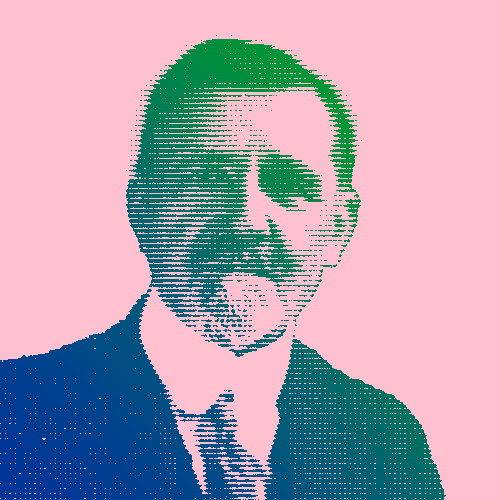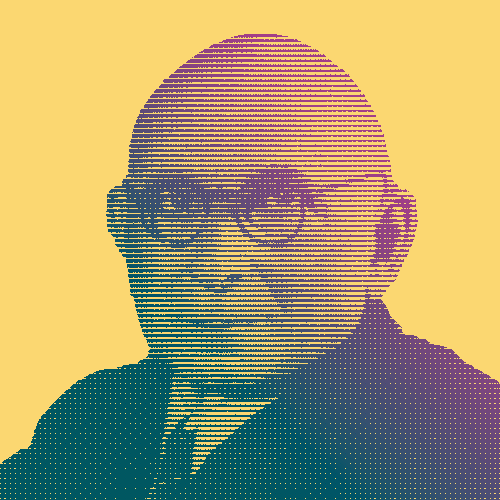Félix Édouard Justin Émile Borel, to use his full name, was a man of many talents. Best remembered for his contributions to mathematics and probability, he was also an astute politician and courageous French Resistance hero.
Brought up in rural France, Borel quickly showed an extraordinary aptitude for mathematics. Snapping up a place at two prestigious French universities (École Polytechnique and École Normale Supérieure), he opted to attend the latter, graduating first in his year. After 4 years and 22 research papers as a lecturer at Lille University in northern France, he went back to teach at ENS where he became Deputy Director in 1910. He also took on the purpose-built role of Chair of Theory of Functions at La Sorbonne.
A measured approach
Borel is remembered for a wide array of lasting contributions. He pioneered measure theory — formalizing notions of measure, from time to weight and even income. This is particularly important in probability as you need to measure the likelihood of something happening. As well as proving very useful in modelling economic problems. The terms “Borel set”, “Borel measure” and “Borel hierarchy” were all named in his honor.
Random opportunities
In 1941, he published a book titled Les probabilités et la vie that contained Borel’s law: “Events with a sufficiently small probability never occur,” aka the infinite monkey theorem. He claimed that a monkey randomly hitting the keys of a typewriter would eventually, by chance, rewrite any text even the works of Shakespeare. Although the probability is miniscule, it is not zero. He used this theory to illustrate timescales in statistical mechanics. Since then, many have also used it justify allocating more resources to solve a problem.
“Any argument where one supposes an arbitrary choice to be made an uncountably infinite number of times…[is] outside the domain of mathematics.”
Time to play
In 1921, he published a series of papers that would become the basis of game theory — subsequently developed by John von Neumann. Using the example of poker, he addressed the problem of bluffing and second-guessing the opponent in a game of imperfect information. Used to identify the “best” strategy for a given game, it is now applied to a wide range of behavioral relations and is the umbrella term for the science of logical decision-making in humans, animals, and computers.
Political convictions
When he didn’t have his head in his books, he delved into politics. He was a member of the French National Assembly from 1924-1936 and Minister of the Navy in 1925. During World War II, he was arrested by Vichy and imprisoned for a short period, before being released and joining the French Resistance. After the war, he was awarded a Médaille de la Résistance française (Resistance Medal) and later in 1950, a Grand-Croix de la Légion d’honneur — the highest French order of merit.
Key Dates
-
1901
Marriage to Marguerite Appel, Prix Femina Laureate
Borel marries Marguerite Appel, who has written more than 30 novels under the pseudonym Camille Marbo and is Prix Femina laureate in 1913.
-
1922
Founding of the Paris Institute of Statistics
Borel founds the Paris Institute of Statistics, the oldest French school dedicated to statistics.
-
1905
The Calculus of Probability
Borel publishes more than 50 papers on the calculus of probability.




